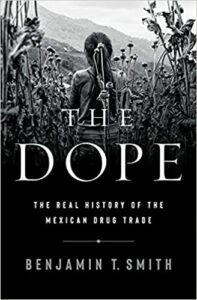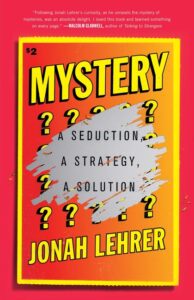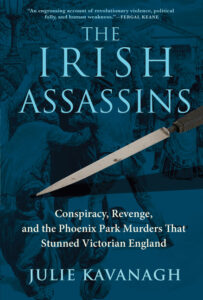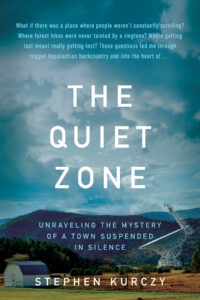CrimeReads editors select the month’s best new nonfiction crime books.
*

Benjamin T. Smith, The Dope: The Real History of the Mexican Drug Trade
(Norton)
The Dope is an engaging, persuasive new history of the drug trade in Mexico. Smith’s research challenges established narratives on the War on Drugs and shows the long history of the narco trade in the Americas, a fully fluid business relationship between countries with imagined borders and deep, complex ties. Much of modern Mexican history, Smith argues, has been shaped by the demands and intricacies of that relationship.

Jonah Lehrer, Mystery: A Seduction
(Avid Reader / Simon and Schuster)
Lehrer’s fascinating new study is an investigation into the “science of suspense,” searching for answers in biology, anthropology, and other far-flung fields for the answer to why humans are so peculiarly and consistently drawn to mysteries. Lehrer tells an enticing story himself and searches in unexpected places for turns of the plot, drawing together a number of disciplines and sketching vivid portraits of personalities and art forms along the way.

Julie Kavanagh, The Irish Assassins: Conspiracy, Revenge and the Phoenix Park Murders That Stunned Victorian England
(Atlantic Monthly Press)
In 1882, in Dublin’s Phoenix Park, two men—Lord Frederick Cavendish and Thomas Burke, Chief Secretary and Undersecretary for Ireland—were stabbed to death, sparking a political maelstrom and an investigation into the activities of the Irish underground. The trail led back to American funders and a new offshoot of the republican movement, a group calling themselves The Invincibles, dedicated to murder. It was a new evolution of a violent clash of nations, and Kavanagh lays out the fateful events in sharp and insightful detail.

Helena Merriman, Tunnel 29: The True Story of an Extraordinary Escape Beneath the Berlin Wall
(PublicAffairs)
In 1961, one of the more extraordinary events of the early Cold War began. A young man named Joachim Rudolph escaped East Germany. Once out, he decided to undertake a daring project—digging a tunnel beneath the wall, so that others could follow him to freedom. Merriman’s new book, originally a podcast series, tells the incredible story of Rudolph and his cadre of diggers, the Stasi spies who pursued them, and the bizarre afterlife of a documentary based on their efforts, which clashed with the preferred American narrative.

Stephen Kurczy, The Quiet Zone: Unraveling the Mystery of a Town Suspended in Silence
(Dey Street)
In the area surrounding Green Bank Observatory in West Virginia, anything emitting a radio signal is severely restricted. The result is a massive stretch of land known as the Quiet Zone, a place with no (or limited) wifi signal or cell phone coverage, a kind of refuge from certain aspects of modern life. Within the Quiet Zone, eccentricities and mysteries have flourished. In Kurczy’s new book, he travels there to meet the locals, the scientists, the electrosensitive pilgrims and others who give the region its unique flair.

















